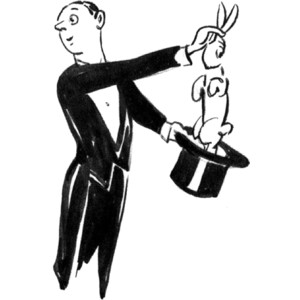
As a direct response copywriter, I know a marketer who uses Facebook ads linking to an appointment scheduler, and guess what? The schedule is always pre-booked.
Why would he do such a dishonest and seemingly ineffective thing, you ask? Because of the principle of scarcity. Look, he gets the email address, so he’s gonna follow up–rest assured. But right off the bat, the prospect thinks he’s booked, which makes him rare and in demand.
I’d say this is a dishonest way to go about it, and I don’t recommend that you follow suit … but the idea behind it is sound.
In a study by Amram Knishinsky, wholesale beef purchases increased 600% when buyers were notified that they were receiving inside information (not available to most people) about a shortage of Australian beef.
Again and again we find that scarcity increases desire for products and services.
Daniel Kahneman and Amos Tversky researched the idea of “loss aversion” and found that people generally want to avoid losing something more than they want to gain something. Other studies have found that people typically prefer to avoid losing open opportunities than to take opportunities right in front of them!
When it comes down it, the principle of scarcity is the principle of economics. In fact, economics is precisely the study of how societies–and organizations and individuals in those societies–deal with scarcity.
So how can this be used in our copy … in an honest way?
Here are a few ways:
- Limit offers. Make the offer genuinely available only for the first 100 people who respond, for instance. And/or offer a deadline for responding. Barnes & Noble email coupons get me just about every time. If I don’t use it, I feel as though I’m losing a book.
- Qualify the respondent. This is really another form of limiting an offer. Say you’re a university looking for applicants. Qualify the student inquiring: “We’re looking for highly motivated students who do X, Y, and Z.” Also, find creative ways to reduce your acceptance rates without compromising revenue.
- Use memberships or segment into exclusive groups. Besides providing recurring revenue, memberships and similar “insider” groups create scarcity and the need to “get in.”
- Simply communicate that your time or resources are valuable. Of course, you have to find ways to communicate this without being a jerk about it.
Test introductions of scarcity into your offers, and get rid of the ones that don’t do the trick. But just know: finding creative ways to introduce scarcity into your promotions should help a lot.
What’s one creative way you can introduce scarcity into a promotion?

